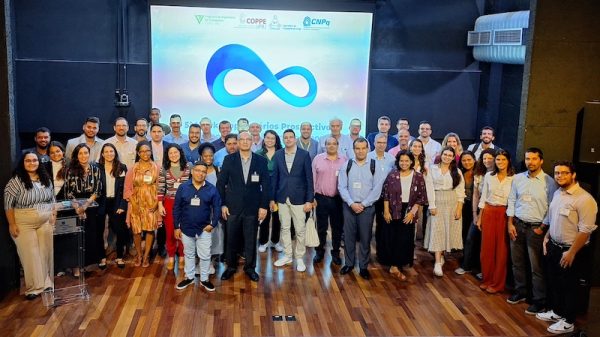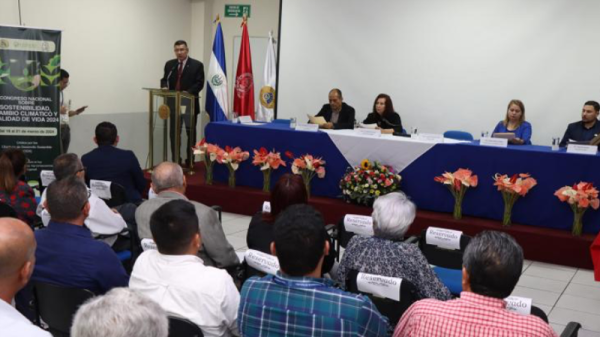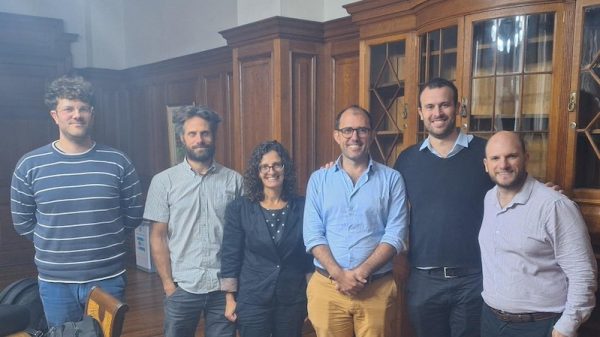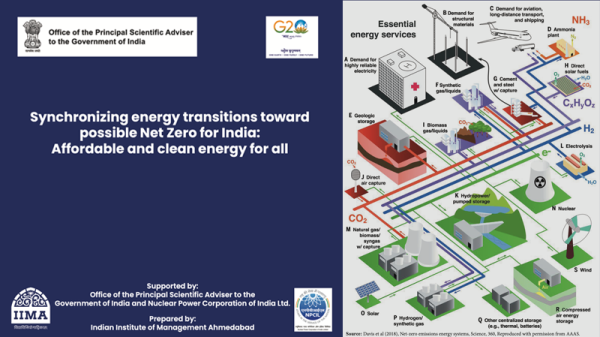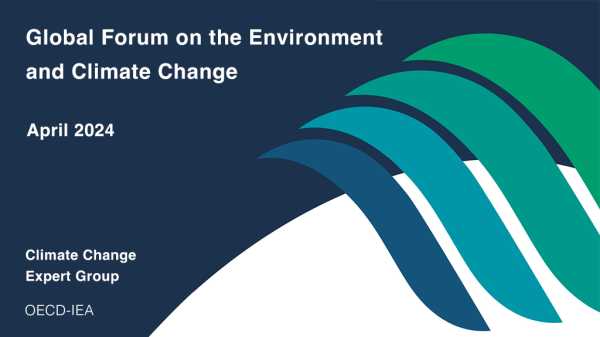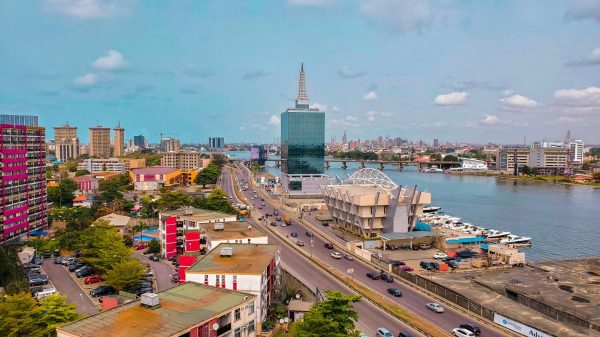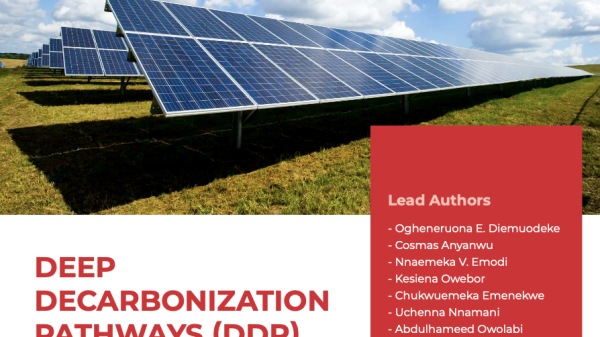Search results
- Workshop
- 2024
George Goes, Daniel Schmidt and Marcio Dagosto participated at this workshop, held at the Technology Park of the Federal University of Rio de Janeiro (UFRJ in its Portuguese acronym).
- Congress
- 2024
Emilio Lébre La Rovere participated at the “National Congress on Sustainability, Climate Change and Quality of Life”, held in El Salvador, from 18-21 March, 2024.
- Workshop
- 20/03/2024
The Fundacion Bariloche team conducted internal workshop with professionals of the Secretary of Energy…
- Report
- 2024
The report attempts to answer key questions related to India’s energy trajectory …
- in the media
- 2024
The Guardian asked 380 top climate scientists what they felt about the future. DDP Director was interviewed as part of this article.
Here’s what they said.
- Forum
- 2024
This Global Forum on the Environment and Climate Change, jointly organised by the OECD and the IEA, aims to promote dialogue, and enhance understanding among a wide range of countries on key issues relevant to the international climate change negotiations and implementation of the Paris Agreement.
Marta Torres Gunfaus, IDDRI Climate Director, will participate in the session “Insights from Paris-consistent global emissions pathways for enhanced NDCs”
Marta Torres Gunfaus, IDDRI Climate Director, will participate in the session “Insights from Paris-consistent global emissions pathways for enhanced NDCs”
- Blog
- 2024
A new report by DDP-Nigeria shows Nigeria can achieve its commitment of net zero by 2060 but that this is possible only under the assumption of a renewable energy scenario that transforms the AFOLU sector.
- Report
- 2024
This report summarises the results of the Deep Decarbonisation Pathways Project in Nigeria. The DDP-Nigeria project is a national research and capacity-building project for the implementation of a Deep Decarbonisation Pathway (DDP) in Nigeria under the framework of the 2050 Facility funded by the Agence Française de Dévelopment (AFD) with the International Relation and Sustainable Development Institute (IDDRI) as the Programme Coordinator with contributions from the Centre International de Recherche sur l’Environnement et le Développement (CIRED) France. The project was done in collaboration with the Federal Ministry of Environment, Nigeria, through the Department of Climate Change (DCC) and the National Council on Climate Change (NCCC).
Stay up-to-date with the latest happenings, exciting developments, and upcoming events within the DDP network. Here, we bring you an overview of all the news and activities that shape our community.
